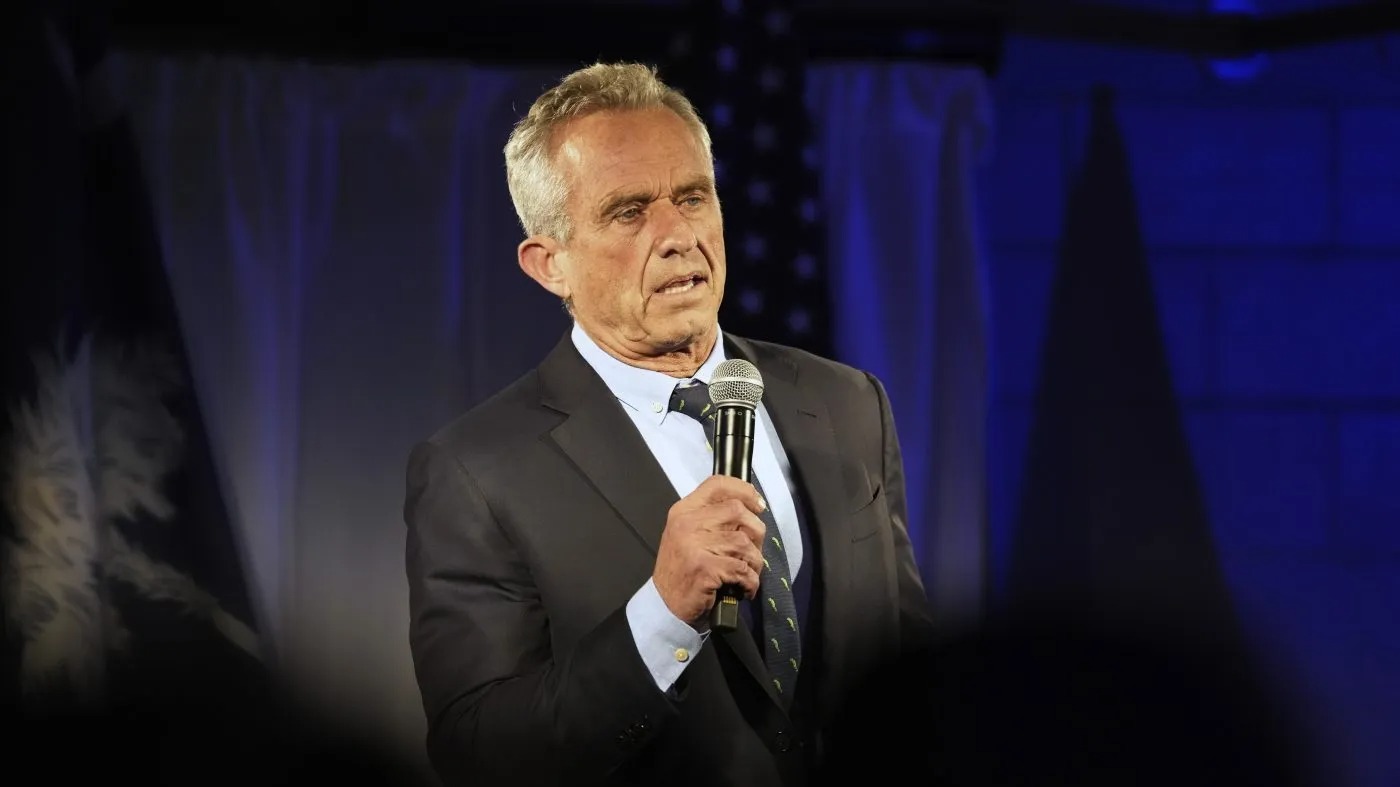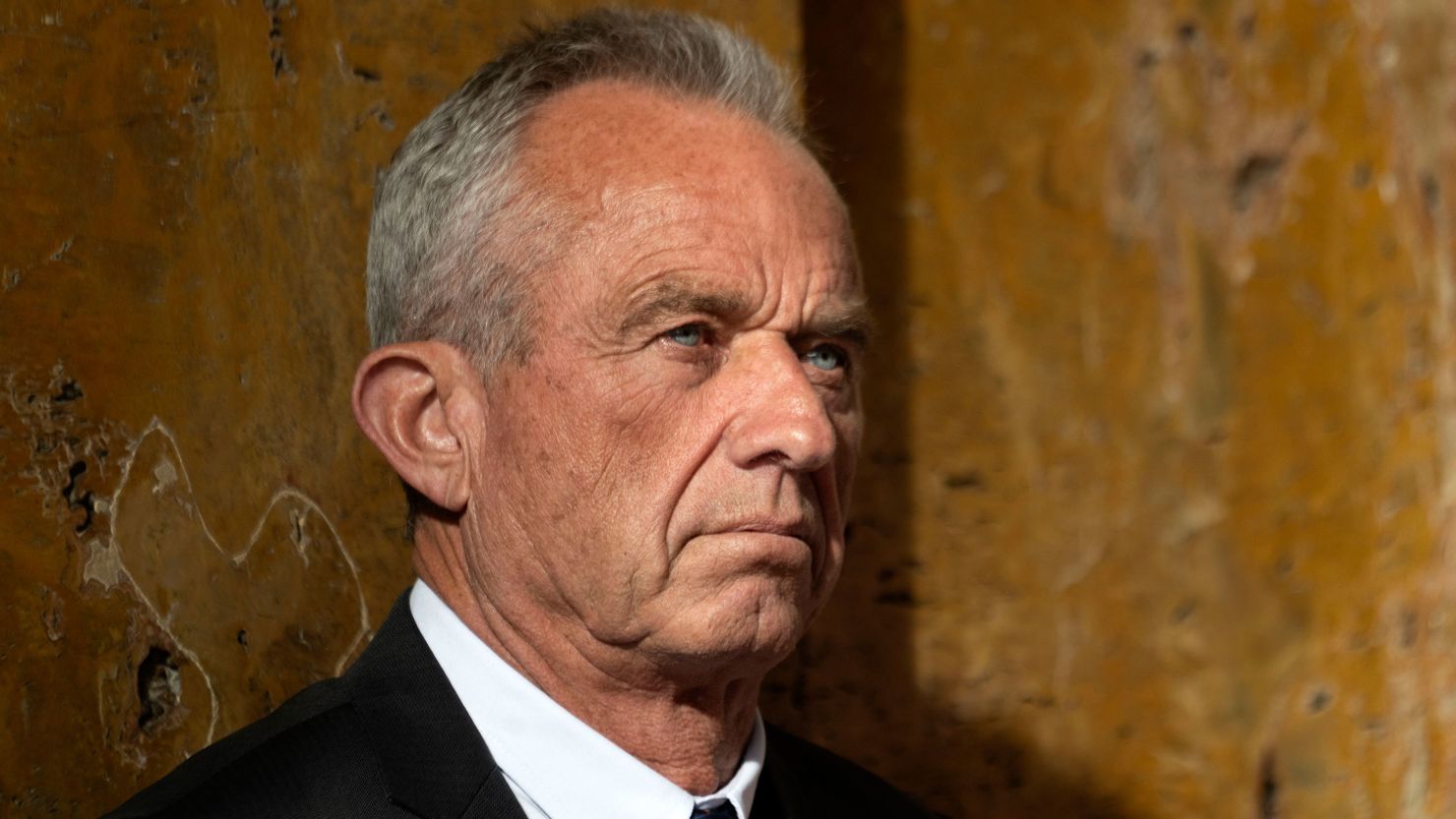Robert F. Kennedy Jr.’s presidential campaign recently faced scrutiny for referring to the January 6, 2021, protesters as “activists” who were “stripped of their Constitutional liberties” in an email advocating for the release of WikiLeaks founder Julian Assange.
The email drew comparisons between those jailed for their involvement in the Capitol breach and figures like Assange and Edward Snowden, sparking controversy.

However, the Kennedy campaign has since clarified that the language used in the email was an “error” and did not accurately reflect Kennedy’s views. A spokesperson for Kennedy stated that a new marketing contractor had inserted the wording, but Kennedy did not approve it. The contractor responsible for the error has been terminated.
Kennedy’s previous remarks about the January 6 protest have been characterized by downplaying its importance, and he has expressed openness to pardoning those involved. Despite this, the campaign emphasized that Kennedy did not endorse the language in the email, which was a mistake.

Meanwhile, former President Donald Trump has made promises to prioritize the release of individuals convicted in connection with the January 6 protests if he is reelected. Trump referred to them as “wrongfully imprisoned” and labeled them as “hostages,” a term that the White House has criticized as “grotesque.”
The controversy surrounding the language used in the Kennedy campaign’s email highlights the ongoing debate over the events of January 6 and the legal proceedings against those involved. As the issue remains divisive, it underscores the importance of careful and accurate communication from political figures and their campaigns.


